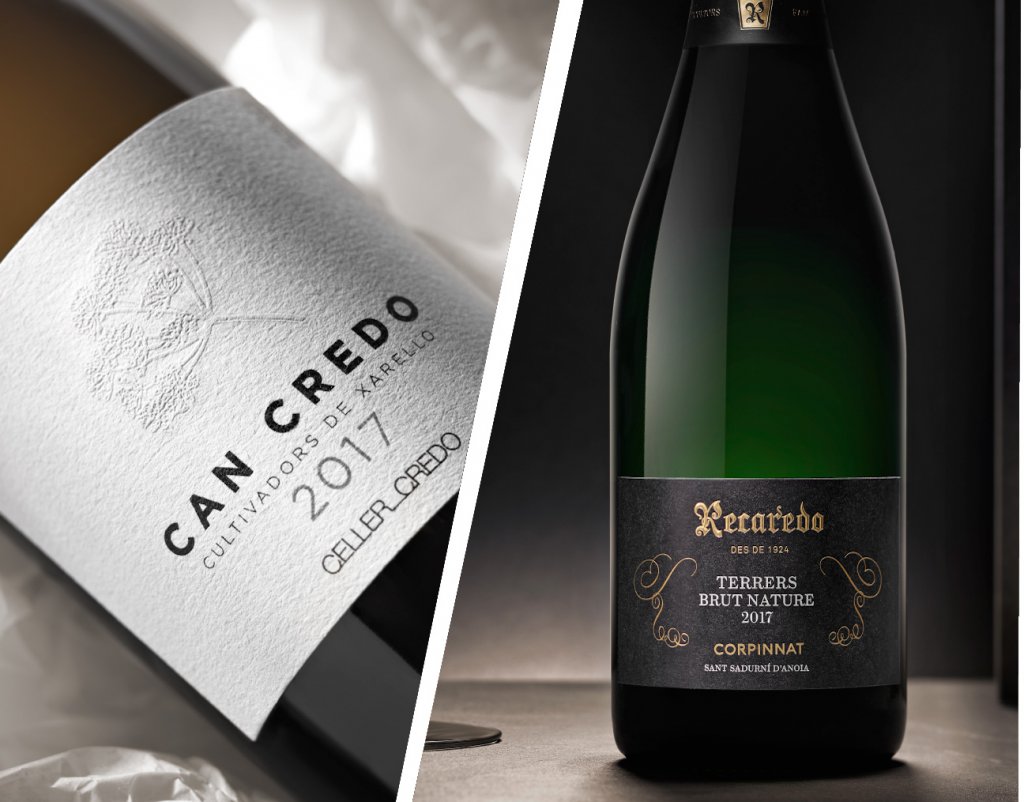2022 Recaredo Harvest Season
The year 2022 has been one of certainties: first, it’s been confirmed that we’ve experienced the warmest period in recorded history; and second, we’ve seen proof that collective action to mitigate the effects of the new climate reality is an urgent priority.
“We’re not facing the prospect of climate change; we’re confronting a climate reality”
Recaredo also had its earliest harvest ever in 2022, and over the wine year we’ve used cultivation techniques (working the soil, leaf pulling, and management of natural vegetation cover) more than ever before with the goal of retaining as much rainwater as possible so that the vines can make the most of it.

Hand-harvesting. From 9 August to 12 September 2022
In just one month, we harvest five different varieties (Xarel·lo, Macabeu, Parellada, Monastrell and Garnatxa negra) at elevations ranging from 180 to 500 metres. The Recaredo team makes a huge effort to bring all the grapes into the winery at the optimum point in a context of rapid ripening due to the high temperatures.
This wine growing season has recorded a midday temperature of 16.6ºC, a degree above the historical midday to Sant Sadurní d’Anoia (15.6ºC).

Extraordinary quality vintage, but low yields in the vineyard
Droughts and high temperatures usually have a direct impact on the quality of the fruit, resulting in extraordinarily healthy grapes rich in aromas and nuances, but these conditions also have a direct impact on grape yields and thus on the number of bottles produced on our family estate.
In a few years’ time, when Recaredo’s 2022 Corpinnat wines reach your tables, they’ll bear witness to a vintage of very healthy fruit, with unparalleled quality parameters and a memorably expressive range of nuances.


Thinking about the future of the vineyard
As winegrowers, we’ve made bold decisions in recent decades to minimise the effects of climate change. These viticulture techniques respect the integrity of the vine and its life cycle, which means a low production potential, but yields grapes of very high quality. “Produce at your own pace without contrivances” is the message we want to convey to the plant.
- We cultivate plots in mountain areas in way that respects the terrain and the richness of the landscape.
- We specialise in traditional, more drought-resistant Penedès varieties, such as Xarel·lo, which accounts for 70% of Recaredo’s vineyard area.
- We also practise bush training – a traditional method that helps control the degree to which leaves and grapes are exposed to the sun – for all our new plantings.
- We carry out studies on shading vines to protect them during strong heat waves.
- We plant new vine stocks using cuttings from our oldest vines. That way we can avoid using commercial clones and increase the diversity of individual plants within the vineyard while also strengthening their resilience and resistance to temperature fluctuations and pests.










